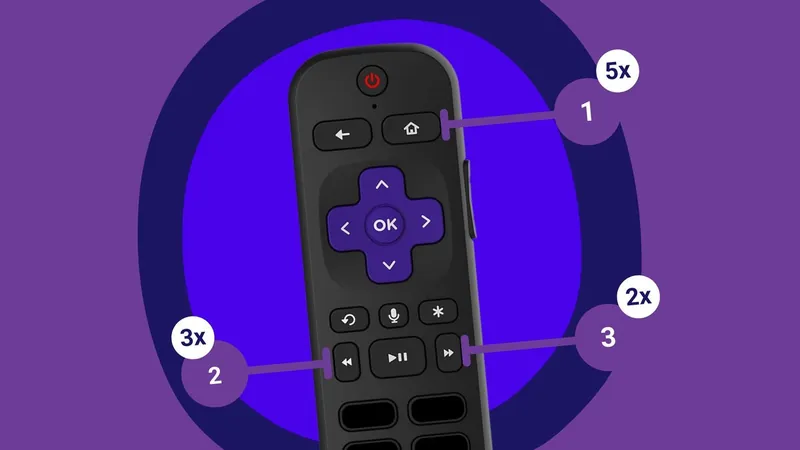
EU's Groundbreaking Rules Set to Transform Android Update Policies
2025-06-02
Author: Jia
A Major Shift in Smartphone Regulations
Starting this month, the European Union is set to revolutionize the smartphone and tablet market with new regulations emphasizing longevity and sustainability. The Energy Labelling and Ecodesign Regulation mandates extended software support and introduces energy efficiency labels for devices sold within its borders.
Touching Every Aspect of Smartphone Design
Under the new directives, manufacturers are required to maintain software support for at least five years from the last sale of their devices. This move not only combats planned obsolescence but also empowers consumers with the assurance of longevity.
In addition to software requirements, the new rules stipulate that smartphones and tablets must be built to last. This includes protection against scratches and accidental drops, as well as tolerances for dust and water. Companies must also ensure that batteries endure at least 800 charge cycles while retaining 80% of their original capacity.
Repairability: A New Standard
Perhaps most significantly, the EU mandates that essential spare parts need to be available within 5-10 working days for up to seven years after a device has been removed from the market. This allows for easier repairs and could significantly reduce electronic waste.
Software Support Begins When You Need It Most
In a shift that could affect major brands like Google, Samsung, Xiaomi, and Honor, the EU's regulations require that software updates extend a minimum of five years beyond when the last unit of a product model is sold. This means that companies may have to rethink their current update policies, which often start from the launch date.
What to Expect: Energy Labels and Savings
Moreover, beginning June 20, 2023, manufacturers must feature energy labels on their devices. These labels will indicate energy efficiency ratings on a scale from A to G and include battery life details. The EU estimates that these measures could save nearly 14 terawatt-hours of energy annually by 2030, promoting a more sustainable future.
A Wind of Change in the Smartphone Market
With these robust regulations coming into effect, the EU is leading the charge towards a more sustainable tech landscape. This transformative legislation is not just a win for consumers but a step forward for environmental responsibility in technology. As the implementation date nears, the pressure is on manufacturers to comply and innovate.


 Brasil (PT)
Brasil (PT)
 Canada (EN)
Canada (EN)
 Chile (ES)
Chile (ES)
 Česko (CS)
Česko (CS)
 대한민국 (KO)
대한민국 (KO)
 España (ES)
España (ES)
 France (FR)
France (FR)
 Hong Kong (EN)
Hong Kong (EN)
 Italia (IT)
Italia (IT)
 日本 (JA)
日本 (JA)
 Magyarország (HU)
Magyarország (HU)
 Norge (NO)
Norge (NO)
 Polska (PL)
Polska (PL)
 Schweiz (DE)
Schweiz (DE)
 Singapore (EN)
Singapore (EN)
 Sverige (SV)
Sverige (SV)
 Suomi (FI)
Suomi (FI)
 Türkiye (TR)
Türkiye (TR)
 الإمارات العربية المتحدة (AR)
الإمارات العربية المتحدة (AR)